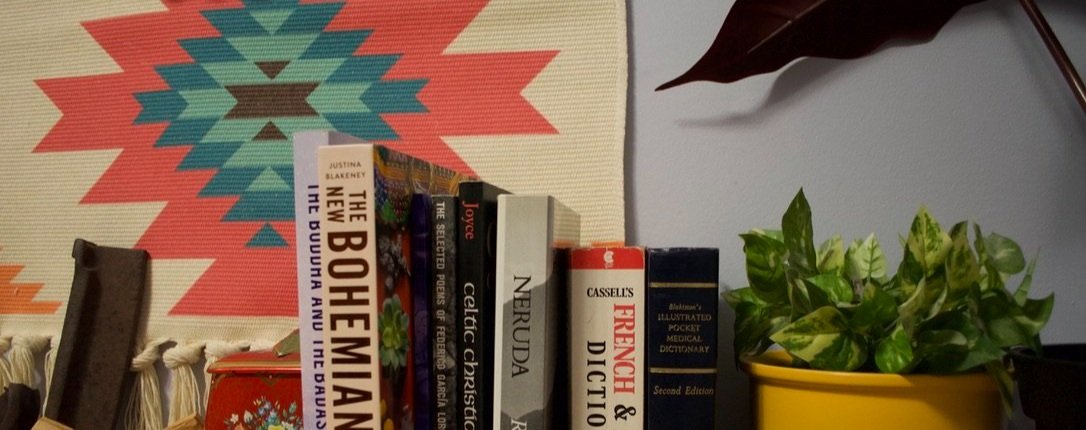Tell Your Story
“Once upon a time…”
“Happily ever after…”
These are nice brackets for stories we know: stories that are pretty culturally iconic. Formulaic even. They are easily understood, somewhat moralistic and indicate a clear path to happiness.
And then there’s real life.
Personally, I love all stories!!
I can’t get enough stories. They feed my interest in people, and ways we are different and alike. I am curious about the ways that culture, language, locale and family and social structure influences our perception of our experiences. Each person’s perspective is unique to them, and the way they tell their story is uniquely theirs.
Some stories are easily told, while others are challenging. It is harder to narrate experiences in which we are hurt or harmed, and possibly equally difficult to share in honest ways how we have done harm.
Sharing stories can be transformative, changing our understanding of our experiences, dispelling the emotional content and allowing us to gain new perspective. In my community mediation practice, I lean into story-telling as a way to help people see their story in a social context, so that they can understand how others might have experienced it differently.
At JFC, everything we do centres around stories:
- What are the stories of your organization’s impact? How might you imagine the story in 5 years? How can you turn the story into a fulsome plan?
Process Facilitation - What is your team’s collective story? What stories in our individual lives are pertinent to the work we are doing together? How can you write the story in ways that create the momentum you are seeking?
Story Gathering - How can you make space for stories that reflect diverse experiences and perspectives? How are you capturing, keeping and archiving stories over time so that you can build a narrative timeline?
Learning Design and Delivery - How can story-telling be used as a teaching tool? How can stories connect learners to content in ways that enhance understanding?
Community Mediation - How do you tell the story of this conflict? How can you be open to hearing a different story that is equally important? Is there a new story you can create together?
Stories tell us where we’ve been and they suggest a potential path forward. Even when the future isn’t certain, understanding the story gives us clues that unlock the next steps. This is the power of storytelling: it allows us to track our progress, to connect our experiences to others, and to build collective understanding.
